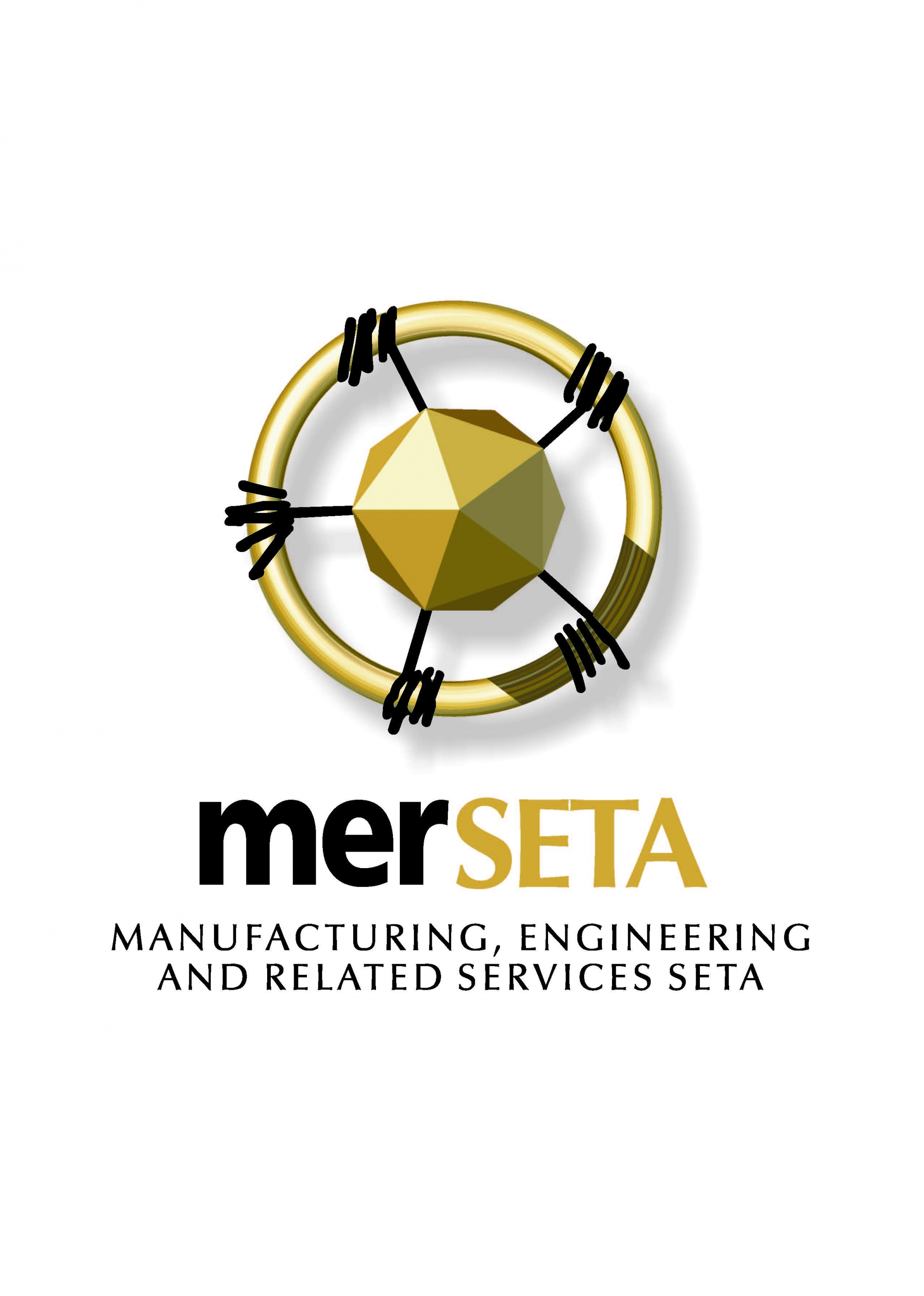A research study for the Manufacturing Engineering and Related Service Sectors:

The transition to higher levels of economic development is driven by the process of structural transformation, whereby a country shifts from economic activities characterised by low levels of productivity, toward high productivity economic activities. The standard evolutionary pattern involves shifting from low productivity agricultural activities toward high productivity manufacturing activities (including high productivity services activities). This pattern of structural transformation has certainly been evident in the economic development trajectories of recent industrialisers, such as Japan, Korea, and China.
While there is some debate on whether manufacturing remains the only engine for development, it is widely agreed that manufacturing remains a key element in the structural transformation process. The concept of economic complexity is drawn from a fairly recent literature examining patterns of economic growth and development, in order to provide an alternative approach to thinking about how countries undergo structural transformation. Economic complexity refers to the productive capabilities or productive knowledge embedded in an economy. Embedded within each product (or service) that a country produces, is an array of productive capabilities (or tacit knowledge) held within complex networks of economic agents that are brought together by markets. The notion of economic complexity describes the process of structural transformation as a path dependent process that involves the shift from less complex products toward an increasingly diverse and complex set of products.
Of key importance to this project is the notion that skills are one of the sets of capabilities which are important in determining the success of building economic complexity and thus growing the economy through this process of shifting production into ‘nearby’ products. Certainly, evidence has shown a strong relationship between the availability of skills and economic development.
Outputs:
- Allen Whitehead, C., Bhorat, H., Hill, R., Köhler, T. and Steenkamp, F. (2022). Understanding the Economic Complexity of the MER Sector with a Focus on SMMEs: A Synthesis. Development Policy Research Unit Working Paper 202204. DPRU, University of Cape Town.
- Allen Whitehead, C., Bhorat, H., Hill, R., Köhler, T. and Steenkamp, F. (2022). Expansion and Diversification in the MER Sector: Results from an Enterprise Survey. Development Policy Research Unit Working Paper 202203. DPRU, University of Cape Town.
- Allen Whitehead, C., Hill, R., Köhler, T. and Steenkamp, F. 2022. MER Sectpr Enterprise Survey: Survey Methods. Appendix (DPRU WP202203). Development Policy Research Unit: Cape Town.
- Allen Whitehead, C. Bhorat, H., Hill, R., Köhler, T. and Steenkamp, F. (2021). The Potential Employment Implications of the Fourth Industrial Revolution Technologies: The Case of the Manufacturing, Engineering and Related Services Sector. Development Policy Research Unit Working Paper 202106. DPRU, University of Cape Town.
- Allen Whitehead, C. and Bhorat, H. (2021). Understanding Economic Complexity: An Application to the MER Sector. Development Policy Research Unit Working Paper 202105. DPRU, University of Cape Town.

